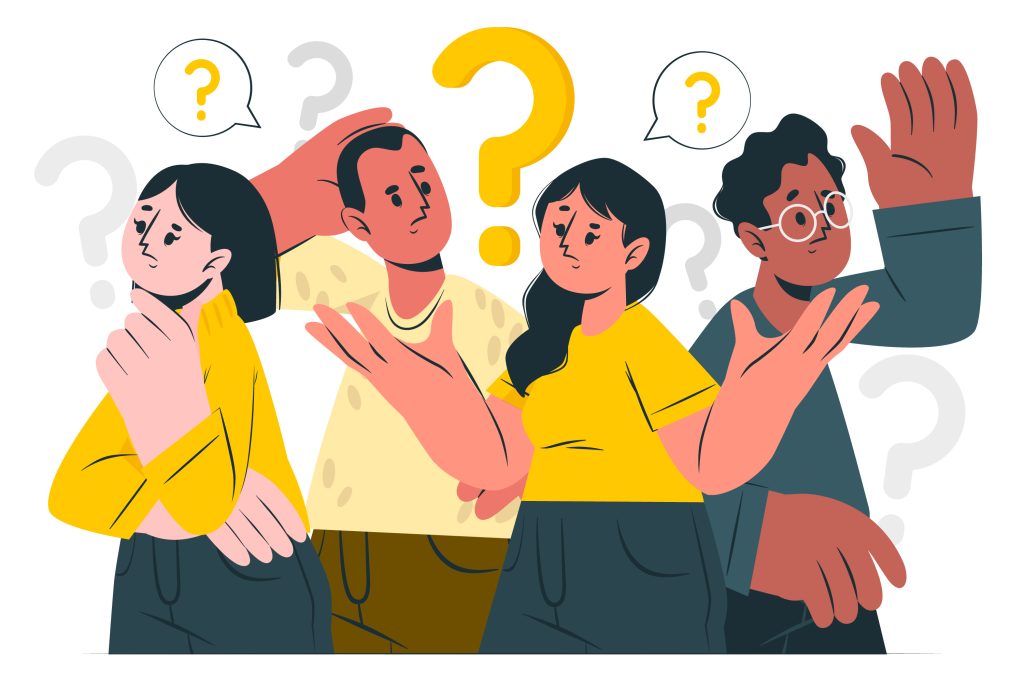Curiosity drives innovation, problem-solving, and personal growth, but is it something we’re born with or can we nurture it? This article explores whether curiosity is a skill or a trait and how you can harness it to boost learning and creativity in everyday life.

The Debate: Is Curiosity a Skill or a Trait?
People have long recognized curiosity as one of the most powerful drivers of human development. But is it something inherent, or can you cultivate it through practice? To answer this, let’s break down the two perspectives:
- Curiosity as a Trait:
A trait is an inherent characteristic or natural inclination. People who argue that curiosity is a trait often point to personality-based theories, such as those proposed by psychologists like Carl Jung. These theories suggest that curiosity is tied to one’s natural disposition and cognitive style. Individuals with a high level of trait curiosity are naturally inclined to ask questions, explore new ideas, and seek out novel experiences. This view aligns with research on personality psychology, where curiosity is often categorized alongside traits like openness to experience, which is a stable and enduring characteristic of certain individuals (McCrae & Costa, 1997). - Curiosity as a Skill:
On the other hand, many psychologists and educators believe that curiosity can be developed like a skill. Just as we train our muscles through physical exercise, we can also train our minds to become more inquisitive. This viewpoint suggests that curiosity is not an all-or-nothing trait but a capacity that can be enhanced over time with the right practices and habits. Studies in the field of neuroplasticity suggest that, by engaging in curiosity-building exercises such as asking more questions or embracing lifelong learning, we can significantly increase our capacity for curiosity (Colzato et al., 2016).
How to Strengthen Your Curiosity: A Practical Guide
Whether you view curiosity as an inherent trait or a skill to be developed, the fact remains: curiosity is a vital asset in today’s fast-paced world. Here’s how you can actively strengthen your curiosity:
1. Ask More Questions
The first step in strengthening your curiosity is to develop the habit of asking more questions. Instead of just accepting information at face value, challenge it. Ask yourself “Why?” or “How could this be different?” This shift in thinking creates a continuous learning loop, where each question leads to deeper exploration and more questions. As Einstein famously said, “The important thing is not to stop questioning.”
2. Expose Yourself to New Experiences
Curiosity thrives in new environments. Exposing yourself to different experiences—whether through travel, new hobbies, or engaging with people from different backgrounds—can ignite curiosity. The more diverse your experiences, the more your brain becomes accustomed to seeking out novel information.
3. Read Widely
Reading isn’t just about absorbing information—it’s about engaging with new ideas. Aim to read a variety of genres, from fiction to non-fiction, from history to science. The breadth of knowledge gained from diverse reading materials naturally stimulates curiosity and inspires fresh perspectives.
4. Practice Active Listening
Curiosity is fueled by a genuine interest in understanding others. Practicing active listening in conversations encourages deeper exploration of topics and invites new ideas. By paying close attention to what others say, you open yourself to new viewpoints and questions you might not have considered on your own.
5. Set Learning Goals
To foster curiosity as a skill, set goals related to learning and personal growth. This might include mastering a new subject, learning a language, or even completing a creative project. Goals give your curiosity direction and purpose, which can propel you to dig deeper and explore further.
6. Embrace Failure as Part of the Learning Process
Curiosity requires risk-taking. When you’re curious, you’re stepping into the unknown, which often means failure. However, seeing failure as a natural part of the learning process allows you to keep exploring and asking questions, knowing that each setback is just another opportunity for growth.
The Benefits of a Curious Mind
Developing curiosity has tremendous benefits beyond just gaining knowledge. Here are some ways curiosity can improve your life:
- Problem Solving: Curious individuals are better problem-solvers because they are more likely to explore multiple solutions before deciding on the best approach. This makes them more adaptable and creative in both personal and professional settings.
- Increased Empathy: When you’re genuinely curious about others, you build stronger connections. Asking questions about someone’s thoughts or experiences can deepen your understanding and empathy, fostering better relationships.
- Continuous Growth: A curious mindset leads to continuous growth. As you seek new knowledge, you develop new skills and expand your intellectual horizons.
Real-Life Examples of Curiosity in Action
Several prominent figures have demonstrated the power of curiosity throughout history. Take Steve Jobs, for example. Jobs’ relentless curiosity about design, technology, and user experience led him to create groundbreaking products that revolutionized entire industries. Jobs didn’t just accept what was in front of him; he questioned it and relentlessly pursued ways to improve it.
Similarly, renowned scientists like Marie Curie and Albert Einstein were known for their insatiable curiosity. Einstein’s theory of relativity wasn’t just the result of mathematical genius—it stemmed from his curious nature and his willingness to challenge accepted scientific theories. Curiosity wasn’t just a personal trait for them; it was an active practice that led to some of the most important discoveries in history.
Conclusion: Curiosity Is Both a Trait and a Skill
So, is curiosity a skill or a trait? The answer is both. Curiosity starts as an inherent trait for some, but it’s something that can be cultivated with practice, effort, and a willingness to explore the unknown. By making curiosity a daily habit, you can unlock new levels of creativity, personal growth, and understanding.
References:
- Colzato, L. S., et al. (2016) ‘The neuroscience of curiosity: A perspective on curiosity-driven learning’, Trends in Neuroscience & Education. Available at: https://doi.org (Accessed: 25 June 2025).
- Kaufman, J. C., & Sternberg, R. J. (2010) ‘The Cambridge Handbook of Intelligence’, Cambridge University Press. Available at: https://doi.org (Accessed: 25 June 2025).
- Loewenstein, G. (1994) ‘The psychology of curiosity: A review and reinterpretation’, Psychological Bulletin, 116(1), pp. 75–98. Available at: https://psycnet.apa.org (Accessed: 25 June 2025).






